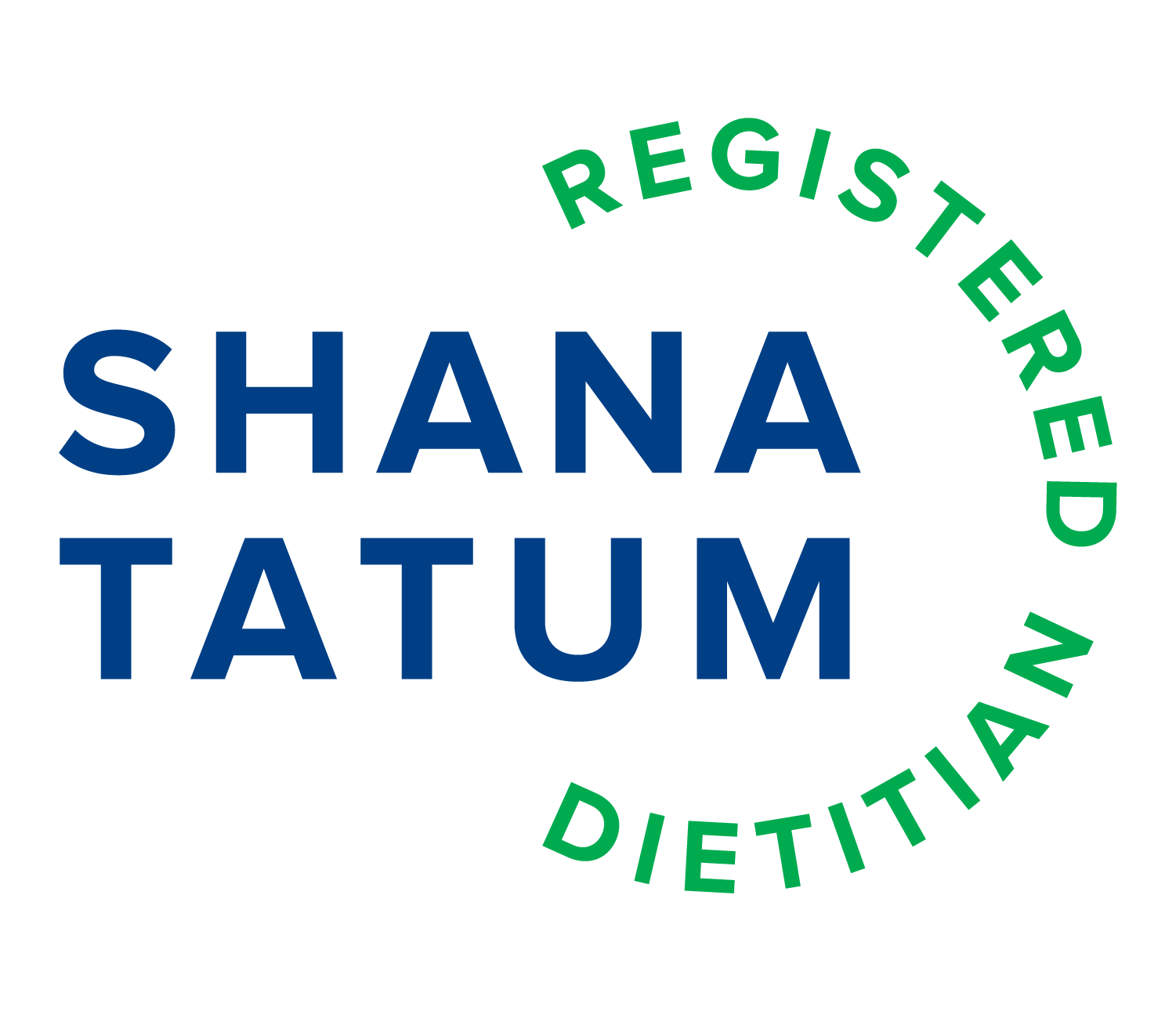What should I eat?
A quick online search for the word “diet” yields 1,160,000,000 results! January search results are likely even higher with New Year’s resolutions that include losing weight or starting a new diet.
As for “diets,” you can find Low carbohydrate, Low-fat, Vegan, Paleo, Atkins, Vegetarianism, Whole food, Gluten-Free, DASH, Raw food, Low-sodium, Dukan, MIND, Calorie Restriction, Ketogenic, Specific Carbohydrate, low FODMAPS, and the Beverly Hills diet, among others. So how do you know what is the right diet for you? Are eggs good for us or not? Should we be using coconut oil or canola? Is meat good or bad?
It is confusing to know the “right” things to eat. So much money is tied up in our food system. Often the food production, harvesting, and/or transportation practices are less than friendly to our planet but serve as the foundation for our nourishment. Noted poet Wendell Barry once said, “People are fed by the food industry, which pays no attention to health, and are treated by the health industry, which pays no attention to food.” One in two people now have some sort of chronic disease and 84% of $3.2 trillion annual healthcare expenses are attributed to chronic disease (Centers for Disease Control, 2017).
Put simply, food is information for the body. It uses macronutrients of protein, fats and carbohydrates along with co-factors of vitamins and minerals. It helps direct protein synthesis, metabolism, detoxification pathways and even genetic expression. It also feeds the microbiome (the billions of bacteria working in our large intestine) to digest our food and make key vitamins and nutrients for energy.
A diet that includes real, whole foods, with plants rich in vitamins, minerals, antioxidants and fiber is a good place to start off the New Year. Incorporate foods that are low in starch and sugar, those that don’t raise blood sugar and cause insulin spikes throughout the day. Have healthy fats such as nuts, seeds, and olive and coconut oils. Animal protein that has been sustainably farmed and pastured will also provide health benefits.
Lastly, pay attention to your body. Listen and observe how you feel after a meal or snack. Do you feel tired, or wired? Does it cause gastrointestinal symptoms or headaches? Simple observations like these will help determine the foods that support health for your unique biochemical makeup. It makes choosing what’s for dinner easier, knowing that what you feed your body makes you feel strong. With this plan, you can live the life you are creating for the New Year.
Wishes for wellness!

